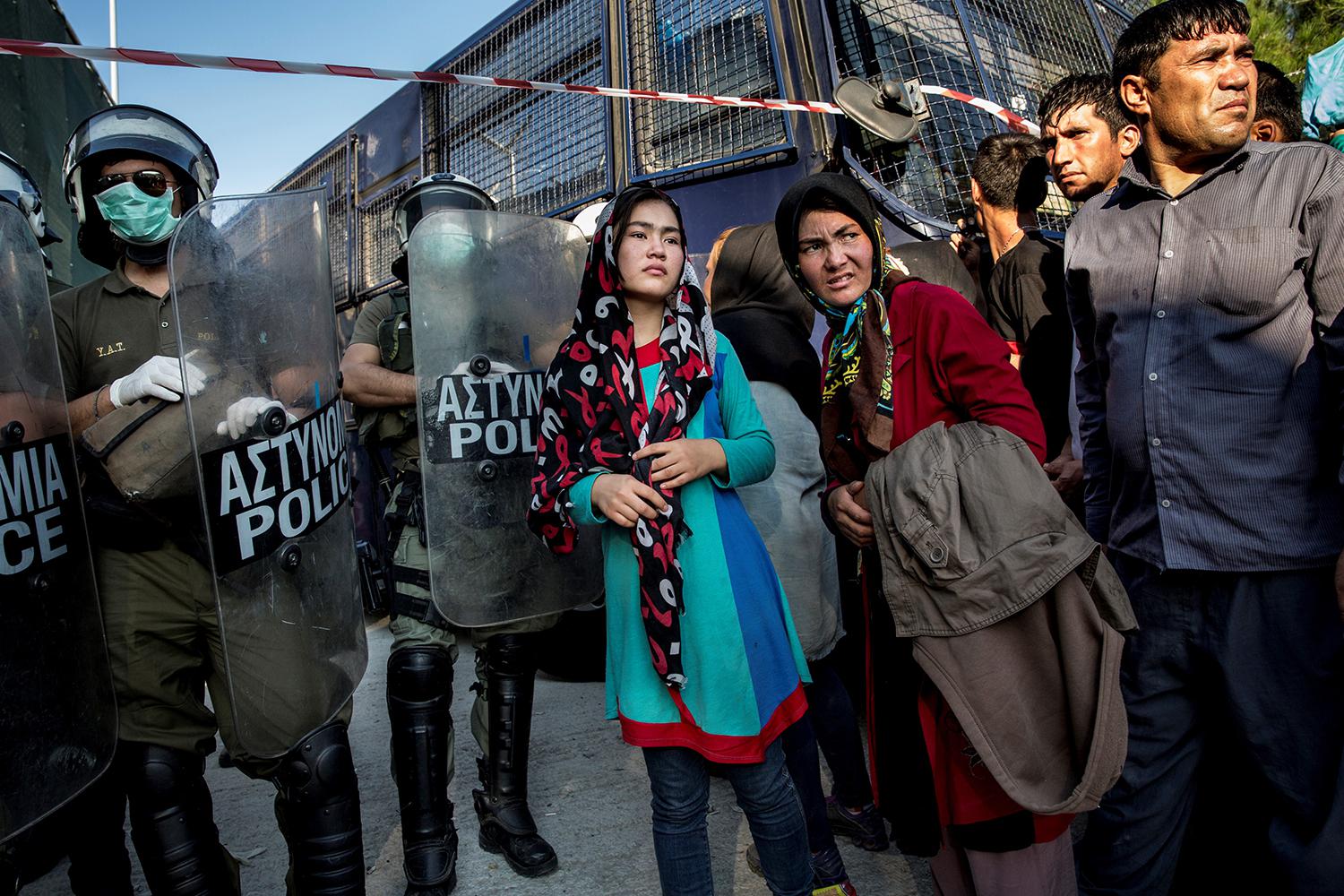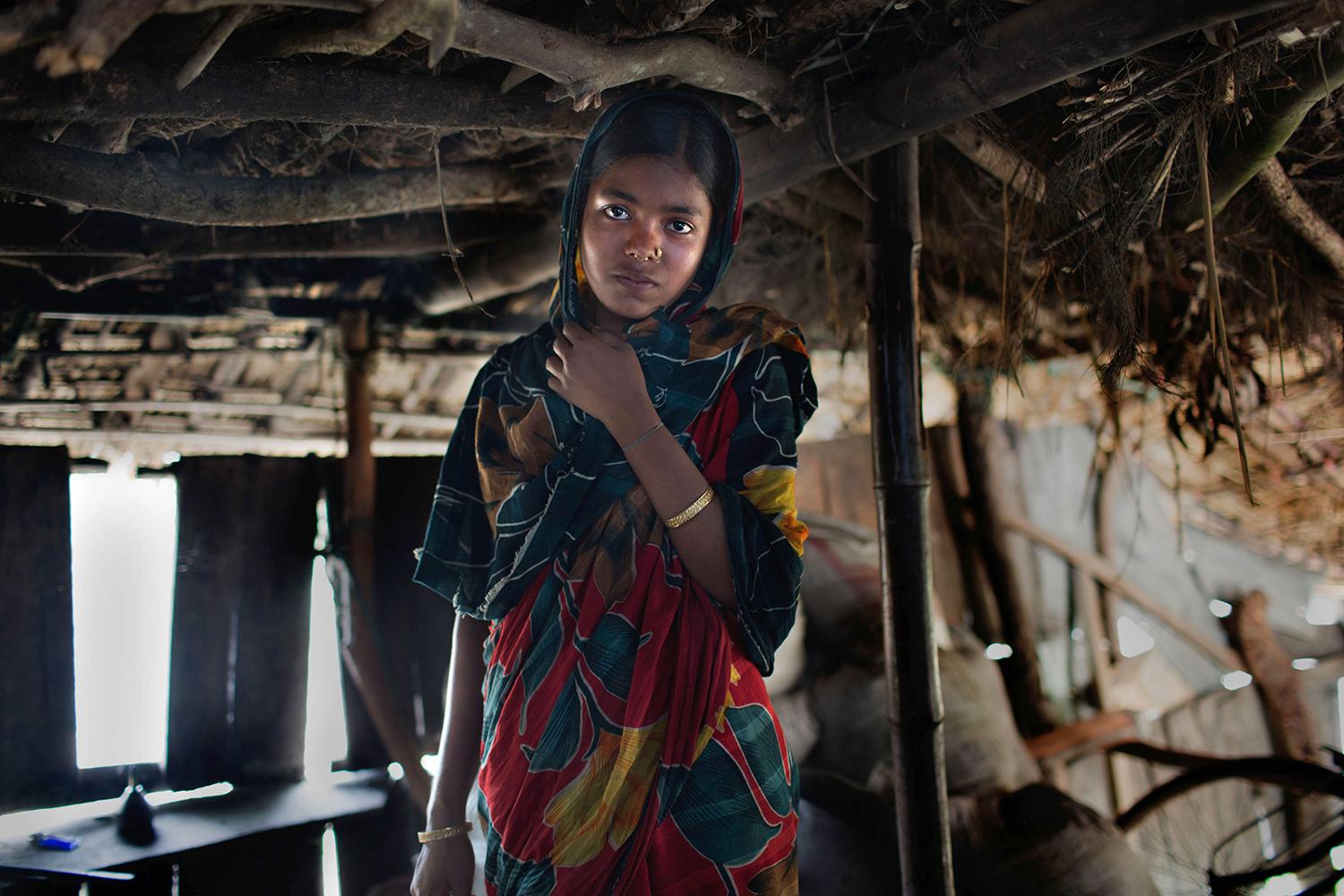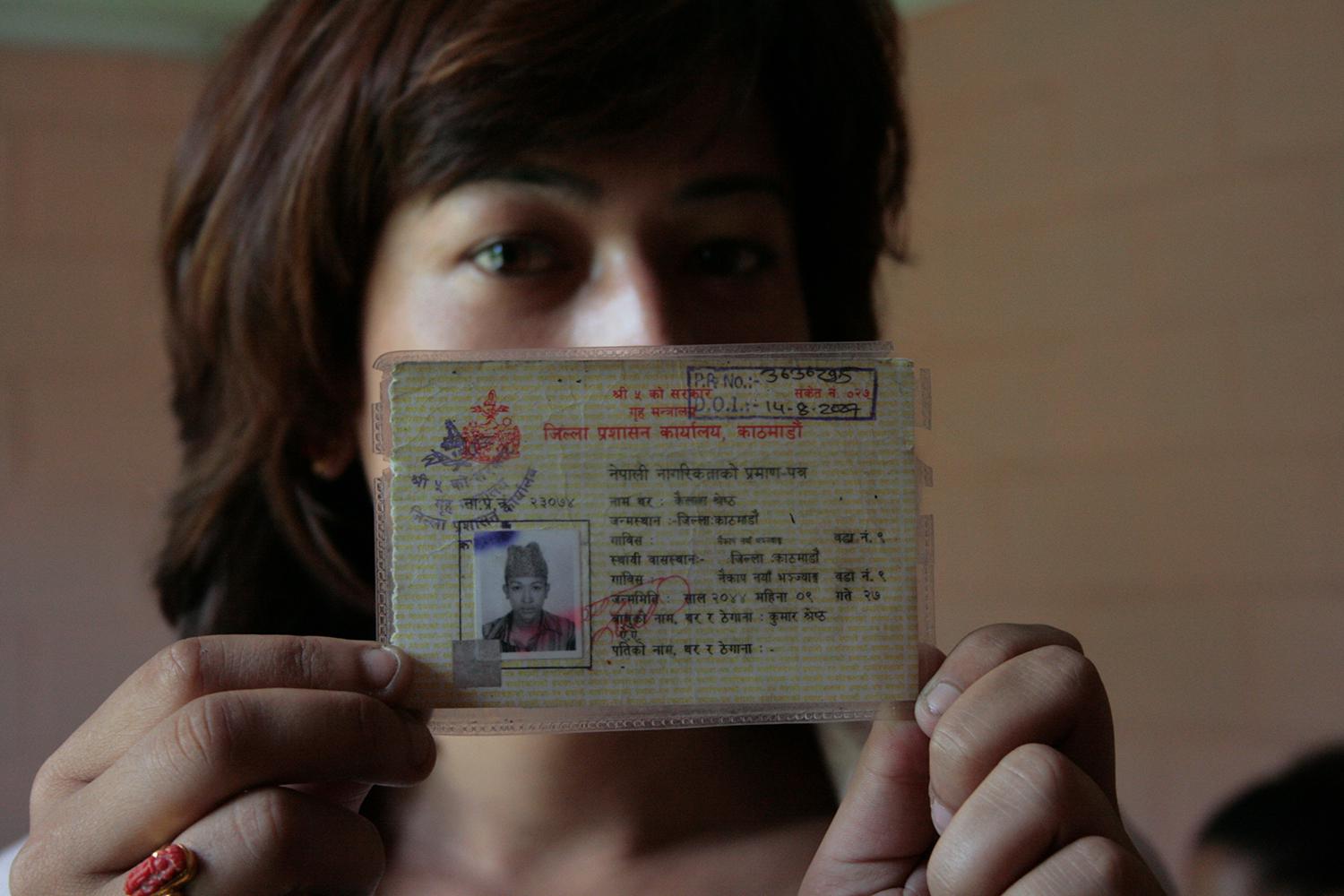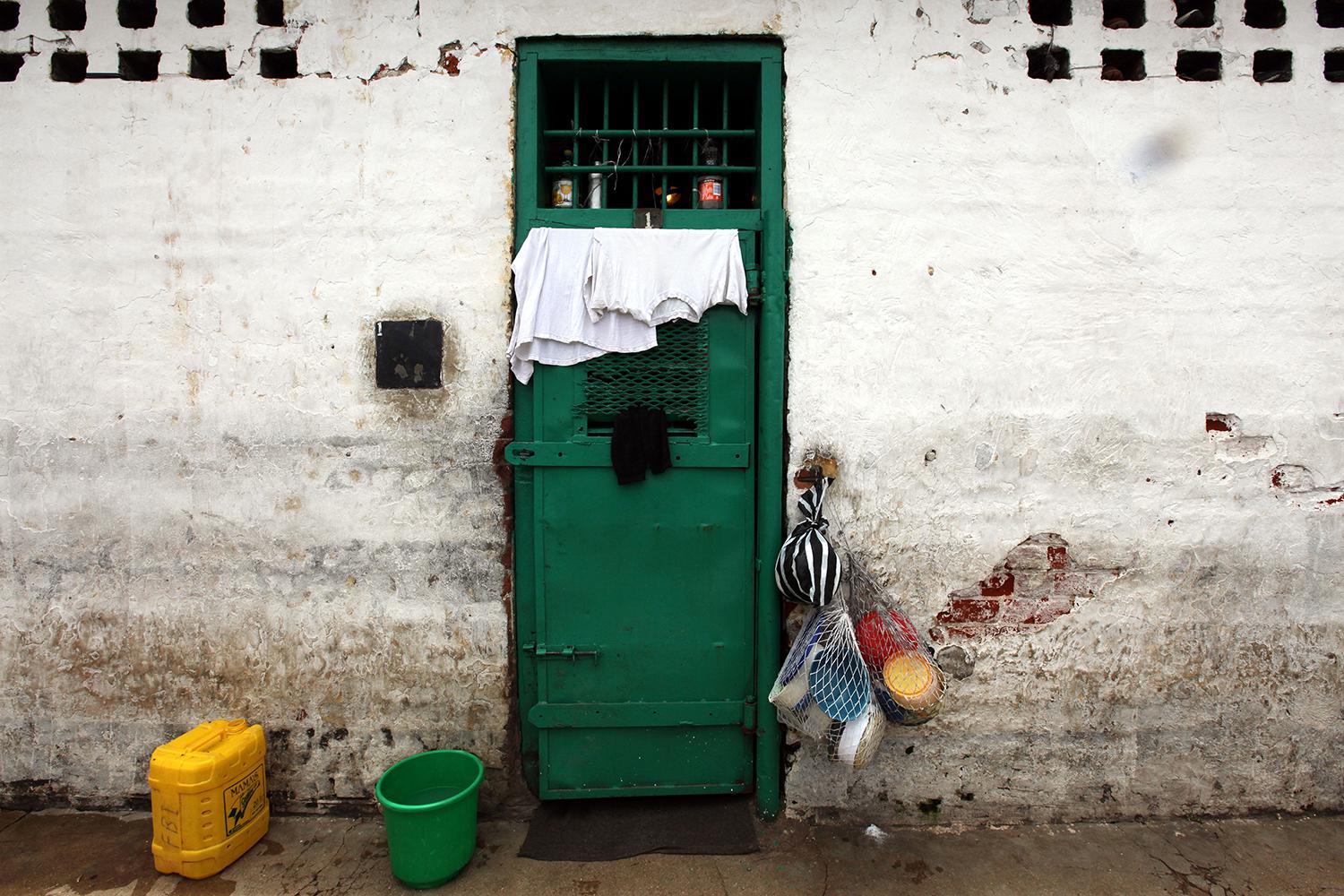Tajikistan’s already poor rights record dramatically worsened in 2015, as authorities declared the country’s leading opposition party a terrorist organization and banned it, imprisoned approximately 200 opposition activists, extradited and kidnapped government critics abroad, arrested several lawyers and at least one journalist, and harassed workers at nongovernmental organizations (NGOs) with onerous checks.
As in previous years, the government regularly blocked numerous Internet sites and continued a campaign to enforce severe restrictions on religious practice. NGOs reported several cases of torture and ill-treatment in pretrial custody and prisons. Domestic violence against women also continues to be a serious problem.
Government Opposition and Detention of Activists Abroad
In 2015, Tajik authorities expanded repressive measures against the political opposition. In January, a court sentenced rights lawyer Shukhrat Kudratov to nine years in prison following a politically motivated trial. Kudratov, who is also deputy head of the opposition Social Democratic Party, was found guilty of fraud and bribery.
A few months before being imprisoned, Kudratov served as counsel for Zayd Saidov, an opposition figure sentenced in December 2013 to 26 years in prison in a prosecution that appeared to be retaliation for his intention to run in the November 2013 presidential election. In August 2015, prosecutors brought additional charges against Saidov, resulting in an additional three years to his sentence.
On March 5, assailants shot and killed opposition figure Umarali Kuvvatov in Istanbul. Kuvvatov headed Group 24, an opposition group that called for democratic reforms and accused President Emomali Rahmon and the ruling elite of corruption. Three Tajik citizens are on trial in Turkey for Kuvvatov’s murder. The circumstances of the shooting, and previous efforts by Tajik authorities to detain Kuvvatov in various countries, led many observers to suggest Kuvvatov’s killers may have been acting on orders from or with the approval of Dushanbe.
Since October 2014, authorities have actively sought to arrest anyone associated with Group 24, convicting several people in Tajikistan on vague charges of extremism and seeking the extradition of activists for the group who live in Russia, Belarus, and Moldova.
In July, a Dushanbe court sentenced Maksud Ibragimov, leader of the opposition group Tajikistan’s Youth for Revival, to 17 years’ imprisonment for extremism. Ibragimov said that Tajik security services kidnapped him off the street in Moscow, where he had lived for more than 10 years, and forced him onto a plane bound for Dushanbe, where he was immediately arrested.
In another case, on July 15, Belarusian authorities detained peaceful Tajik activist Shabnam Khudoydodova as she was crossing the Russian-Belarusian border. A member of Group 24 who lived in St. Petersburg, Khudoydodova publicly called for reforms in Tajikistan. After learning that security services might be preparing to forcibly return her to Tajikistan, Khudoydodova fled to Belarus, where she sought refugee status. At time of writing, Tajik authorities were seeking her extradition on extremism charges.
Sobir Valiev, deputy head of the opposition group the Congress of Constructive Forces, and Group 24, was detained in August for several weeks by Moldovan migration police in the Moldovan capital of Chisinau. The Moldovan police detained him on a request from the Tajik government, which sought his extradition on similar extremism charges.
In the run-up to Tajikistan’s parliamentary elections, the government sought to suppress the activities of the Islamic Renaissance Party of Tajikistan (IRPT), the country’s leading opposition party. In March, for the first time in Tajikistan’s modern history, the party was unable to win any seats in parliamentary elections. Monitors from the Organization for Security and Co-operation in Europe said the vote was marred by ballot-stuffing and government intimidation.
In June, IRPT’s leader, Muhiddin Kabiri, went into exile, fearing prosecution on bogus charges. That same month, 20 videos appeared online of IRPT members saying they were “voluntarily” abandoning the party. Mahmadali Hayit, the IRPT deputy head, said members were acting under pressure from officials. In public statements and sermons, some officials and state-controlled imams have also tried to link the IRPT to Islamic terrorism.
The Justice Ministry banned the party in August.
In September, following clashes between government forces and militants loyal to Abduhalim Nazarzoda, the deputy defense minister, which left at least 17 fighters and 9 police officers dead, authorities arrested dozens of IRPT members, accusing them of involvement in the violence, despite a lack of evidence.
By November, authorities had arrested or detained approximately 200 IRPT members as well as at least 3 lawyers—Buzurgmehr Yorov, Nouriddin Mahkamov, and Dilbar Dodadzhonova—who sought to represent the detained IRPT members. The charges brought against them for fraud appeared to be trumped-up and retaliatory for their attempts to represent the detained IRPT members.
Freedom of Expression
Authorities’ restrictions on media freedoms and access to independent information, including on the Internet, and the intimidation of journalists and NGOs, violated Tajikistan’s obligations on freedom of expression.
On July 20, authorities announced a rule barring media outlets from reporting “official news” without citing Khovar, the state-run news agency. Nuriddin Karshiboev, head of Tajikistan’s National Association of Independent Media, condemned the move, saying the regulation violates the constitution’s guarantee of equal access to official information.
Other news outlets known for reporting critical views told Human Rights Watch they have been subjected to increasing pressure in 2015, with security services frequently interrogating staff and demanding advance notification of any potentially critical stories.
Under the pretext of protecting national security, Tajikistan’s state telecommunications agency regularly blocks websites that carry information potentially critical of the government, including Facebook, Gmail, Radio Ozodi, the website of Radio Free Europe’s Tajik service, and opposition websites.
In August, a Dushanbe court convicted journalist Amindzhon Gulmurodzoda of forgery, sentencing him to two years’ imprisonment. Gulmurodzoda is editor of the news site faraj.tj.com and works for the Center for Investigative Journalism. Security services accused Gulmurodzoda of obtaining falsified documents in 1989, when he would have been five or six years old. They claimed his passport, which he obtained in 1998, 17 years before the criminal charges were laid, was a forgery. Gulmurodzoda maintained he acquired the documents legally.
Numerous NGOs reported increased government harassment during 2015. As of July, 22 NGOs had reported that various authorities, including the Tax Committee, Ministry of Labor, and Ministry of Justice, were conducting intrusive checks into their activities, and threatening them with steep fines.
The Justice Ministry introduced a bill that, if adopted, would require NGOs to register grants from foreign donors in a state registry prior to accessing them. The move raised concerns that the government planned to adopt measures to restrict the activities of independent NGOs similar to the “foreign agents” laws adopted in Russia and Azerbaijan.
In July, Nota Bene, an independent think tank, announced that Justice Ministry officials had filed a suit to liquidate the organization for failure to properly register activities.
Criminal Justice and Torture
Authorities took some positive steps in recent years to bring the criminal code’s definition of torture into line with international law and provide compensation for some torture victims. But torture remains widespread in the criminal justice system. Police routinely use torture to coerce confessions and deny detainees access to counsel.
In April, officers of Tajikistan’s Drug Control Agency detained 25-year-old Shamsiddin Zaydulloev. Visiting him the following day in custody, his mother told a local NGO: “When I petted his head, he said I shouldn’t touch the back of [it] because it was swollen and painful. I asked him in a low voice whether he was beaten and he nodded.” For the next three days, authorities prevented her from seeing him under various pretexts. On April 13, the family learned Zaydulloev was dead. His parents told their lawyer that when they saw his body in the morgue, it was covered in bruises. An initial autopsy by authorities stated the cause of death was pneumonia. The family’s lawyer has petitioned for a new autopsy and investigation into torture allegations.
Freedom of Religion
Tajikistan severely restricts religious freedom, regulating religious worship, dress, and education, and imprisons individuals on overbroad charges of religious extremism. Authorities ban several peaceful minority Muslim groups and Christian minority denominations, such as Jehovah’s Witnesses.
Regulations also restrict the naming of children, headscarves are banned in educational institutions, and beards are prohibited in public buildings. On September 3, 22-year-old Vakhdat resident Umar Bobojonov died in hospital of injuries he sustained during a police beating on August 29. Bobojonov’s relatives accused police of detaining him because of his beard. The Ministry of Internal Affairs stated it was investigating the incident, but no results have been made public.
Authorities suppress unregistered Muslim education throughout the country, control the content of sermons, and have closed many unregistered mosques. Authorities kept in place a Parental Responsibility law, which requires parents to prevent their children from participating in religious activity until they turn 18.
Domestic Violence
Authorities took some steps to combat domestic violence against women and children in 2015, establishing several police stations staffed by female police inspectors who received training in gender-sensitive community policing. However, survivors of domestic violence, lawyers, and service providers reported that Tajikistan’s 2013 law on the prevention of violence in the family remains largely unimplemented and that victims of domestic violence continue to suffer inadequate protection. Impunity for severe acts of domestic violence and a scarcity of critical services for survivors remain the norm.
Social and Economic Rights
Tajikistan’s Rogun Dam and Hydropower Plant stand to displace over 42,000 people before they become operational. Since 2009, authorities have resettled 1,500 families to regions around Tajikistan. Despite commitments to comply with international standards on resettlement that protect the rights of the displaced, the government has not provided necessary compensation to displaced families to replace their homes or restore their livelihoods. Many families have suffered serious disruptions in access to housing, food, water, and education.
Key International Actors
During a June visit to Tajikistan, United Nations Secretary-General Ban Ki-moon urged the government to strengthen “national coordination mechanisms and [implement] UN human rights recommendations holistically and in cooperation with civil society,” emphasizing the importance of Tajikistan’s second Universal Periodic Review, coming in April 2016.
In June, the European Union held its annual human rights dialogue with Tajikistan, raising concerns about torture and restrictions on freedoms of expression and religion.
For the third year in a row, the United States Commission on International Religious Freedom recommended that Tajikistan be designated a “country of particular concern,” highlighting “systematic, ongoing, [and] egregious violations of religious freedom,” but the Obama administration elected not to make that designation.




